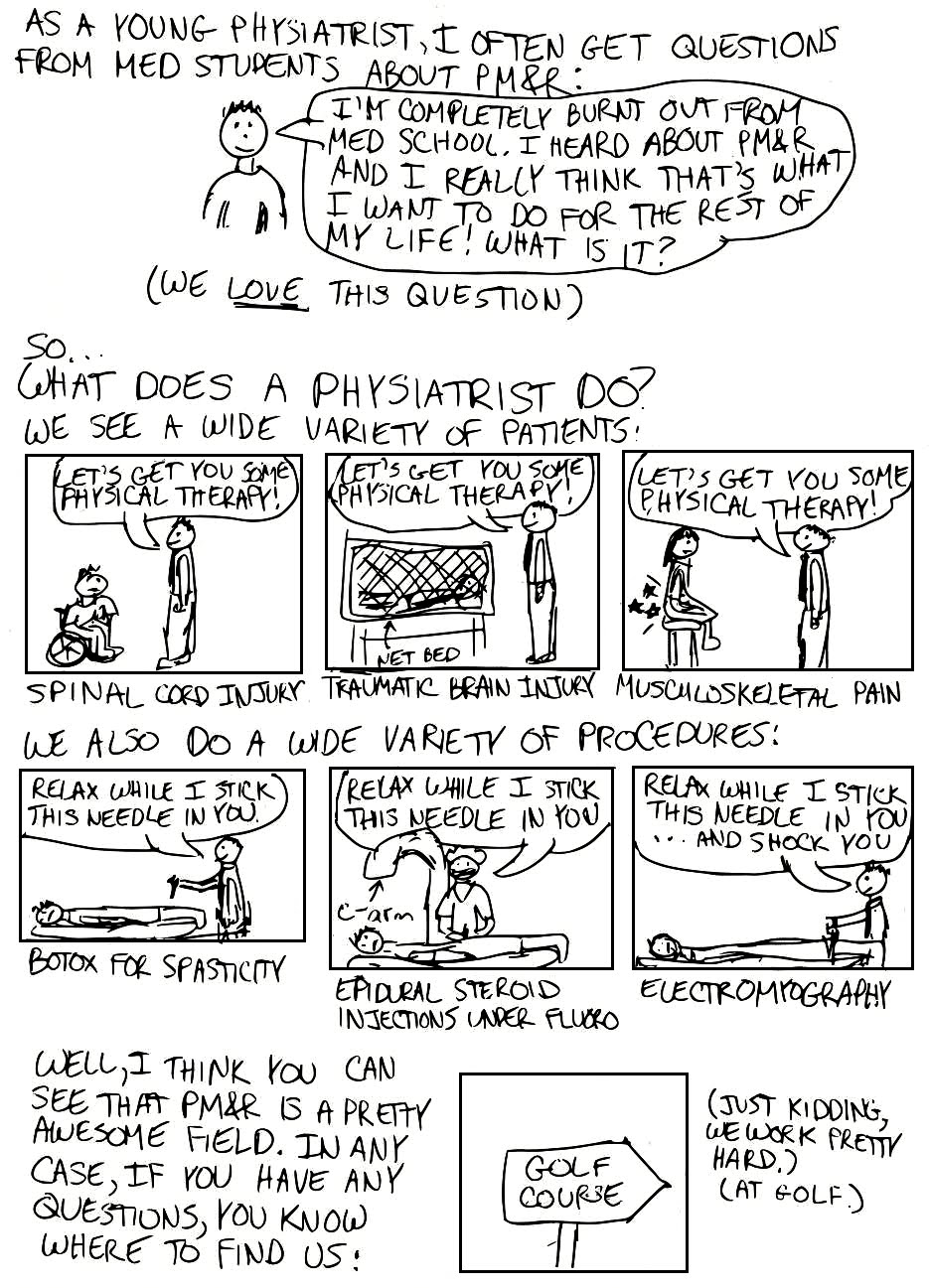N
NP545
What are some of the lesser stressful residencies out there for an MD? Specifically, which would be a good fit to someone who is trying to have a good family, etc..
I searched through the search option on this site but saw varied responses so I'm looking for more input. Also, how stressful is a non invasive cardiology fellowship after the IM residency? I could not find any details on what is needed to become a non-invasive cardiologist after the IM residency so could someone tell me the amount of years, steps needed en route to becoming a non-invasive cardiologist after residency?
I searched through the search option on this site but saw varied responses so I'm looking for more input. Also, how stressful is a non invasive cardiology fellowship after the IM residency? I could not find any details on what is needed to become a non-invasive cardiologist after the IM residency so could someone tell me the amount of years, steps needed en route to becoming a non-invasive cardiologist after residency?


 Neurosurgery should be just below (or tied with) critical care internal medicine.
Neurosurgery should be just below (or tied with) critical care internal medicine.